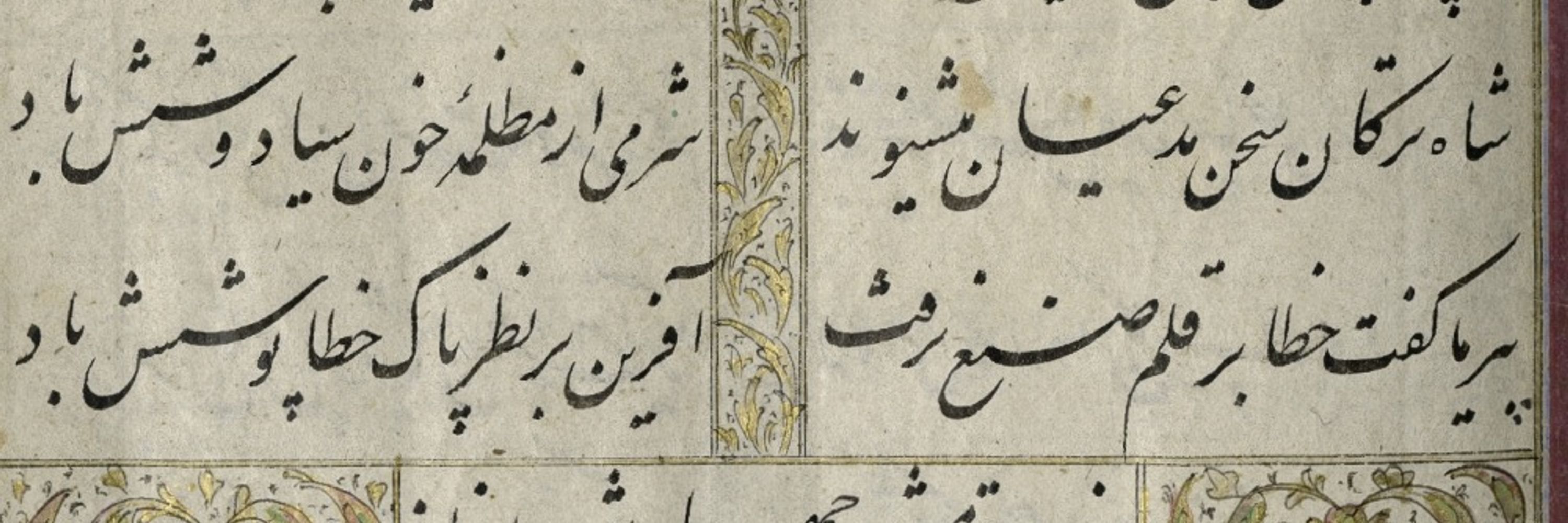
Lots of Old English words, particularly poetic ones, don't have reflexes that survive into Middle English. This was one very weird way to fix some instances of that.
Lots of Old English words, particularly poetic ones, don't have reflexes that survive into Middle English. This was one very weird way to fix some instances of that.
I make some assumptions here (incl. that the passage existed in this form then). There's uncertainty re: some major sound changes' chronology
Heads up: don't listen if you don't like hearing the tetragrammaton pronounced
I make some assumptions here (incl. that the passage existed in this form then). There's uncertainty re: some major sound changes' chronology
Heads up: don't listen if you don't like hearing the tetragrammaton pronounced
(This is a relatively conservative accent for the period, w/ even the long mid-vowels still relatively low.)
(This is a relatively conservative accent for the period, w/ even the long mid-vowels still relatively low.)
The Babylonian reading though had alveolar resh & labiovelar vav. Here's the same passage in a (very tentative) reconstruction of Old Babylonian pronunciation from the period...
The Babylonian reading though had alveolar resh & labiovelar vav. Here's the same passage in a (very tentative) reconstruction of Old Babylonian pronunciation from the period...
In honor of which (& because I love how modern Tajik poets play w/ the Persianate tradition) here's me reading "Daughter's Song" by Zulfiya Atoi in Tajik.
My translation is on screen in the video with a Perso-Arabic transcription for the Cyrillically impaired.
In honor of which (& because I love how modern Tajik poets play w/ the Persianate tradition) here's me reading "Daughter's Song" by Zulfiya Atoi in Tajik.
My translation is on screen in the video with a Perso-Arabic transcription for the Cyrillically impaired.

